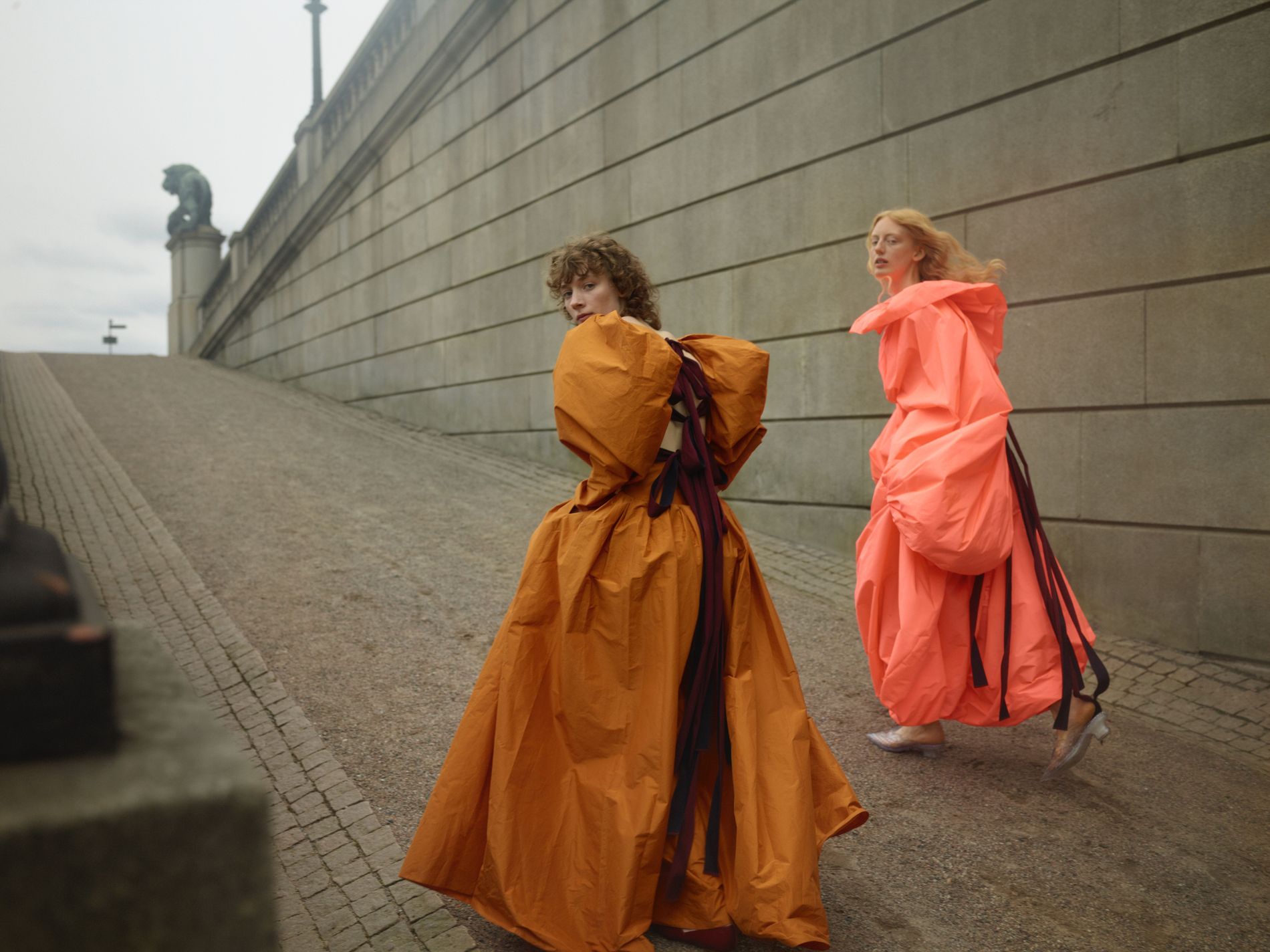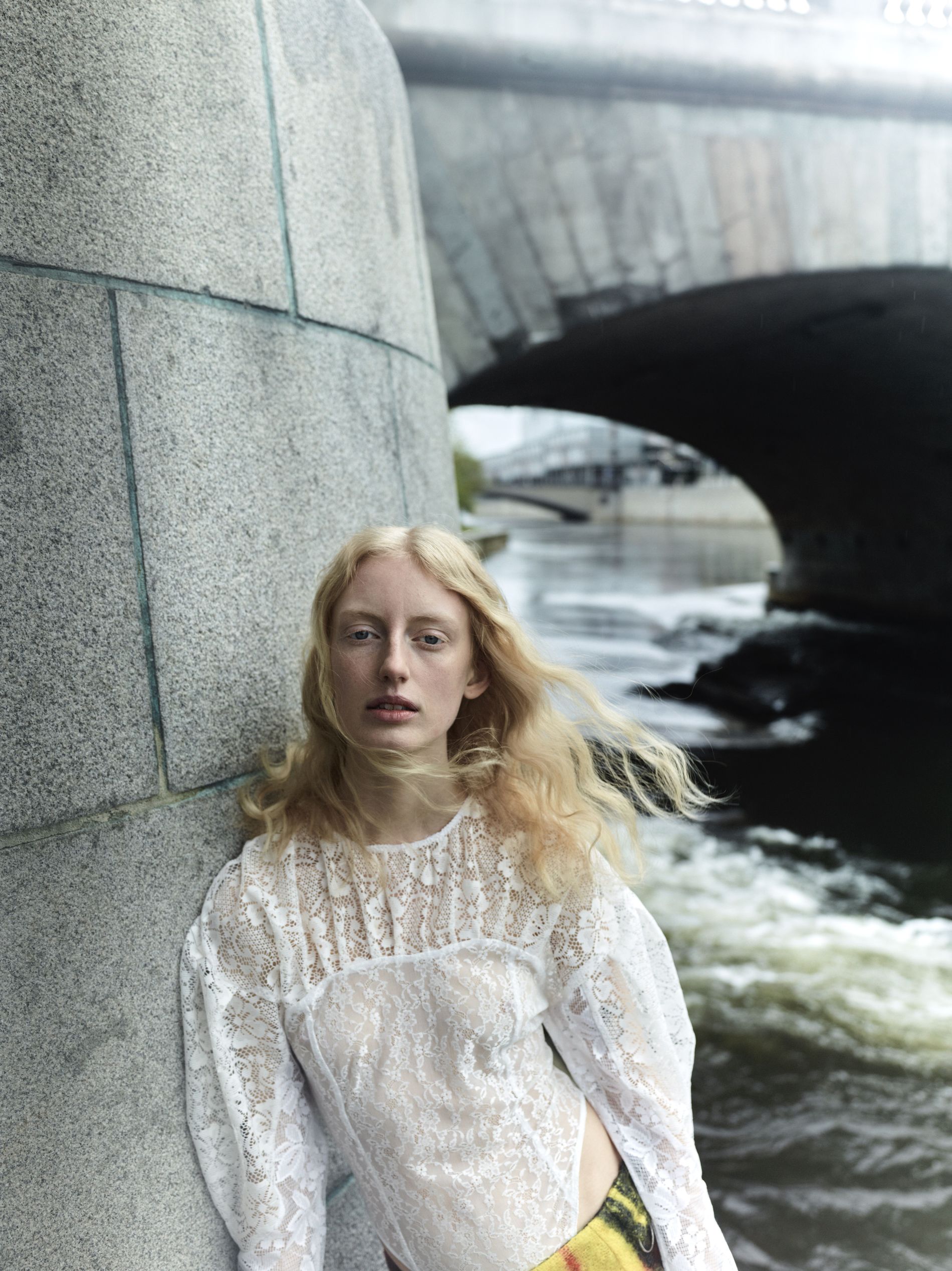Collective anxiety is a real phenomenon. Sometimes described by the German word “weltschmerz” — which roughly translates to ‘world-pain’ or ‘world’s weariness’ — it settles universally amidst global situations and societal worries. Discover here why it occurs and what are the best ways to deal with it
The world is changing and there are things happening that are out of our control. The uncertainty of what might happen and the fact most of the things are out of our control build into what can only be described as a mass feeling of unwellness, unsettledness and worry. It can also be described as collective anxiety. While recents events in Ukraine have brought up once again this feeling, it’s not the first time we as a society experience this.
Recall the beginning of the pandemic, the falling of the Twin Towers, the tsunami in Southeast Asia, the past wars and even all the natural disasters and climate change that we’ve racked up as a planet in the past — independently of their result, the worry was there, the collective anxiety was there. How do you deal with it? Well, for that we spoke with Therese Stahl, integrative psychotherapist and life coach from Mindling clinic on what this phenomenon entails and what are the best ways to deal with it.
What is collective anxiety?
Explained in an easy manner, collective anxiety is a feeling of despair and hopelessness that is experienced by a large mass of people simultaneously. “Collective anxiety is often in connection with big world events that affect a lot of people,” explains Stahl. “It happens when these big events happen and we know they will affect us. It’s when we realise that all humans are inextricably linked to each other and that each individual's suffering easily could become our own suffering. The fear reaches our existential beings at the core and makes us realise how fragile our existence really is. I would say it is a collective, existential anxiety.”
Why does it affect me?
The main reason why we’re affected by this phenomenon is thanks to the play of our empathetic qualities as humans. The combination of uncertainty and the possibility of us being affected by the actual effect are combined into a powerful emotion that makes one react. Exposure to news, reports and commentaries on the situation put in perspective the fragility of life and activate the anxiety instinct.
Also discover: A guided meditation by Alexandrov Klum

Photo: Peter Gehrke
How to deal with mass anxiety?
According to Stahl, the best way is to reach out to friends and family that make you feel comfortable enough to talk and vent about your feelings. “The most important thing is to not keep your anxiety inside,” she explains. “It’s most likely that the person you are talking to will be experiencing similar emotions.” One of the keys to dealing with it is understanding you’re not alone and that you are in fact ‘not going crazy’. “Acknowledging you are experiencing difficult emotions about something is often empowering in itself. But make certain you reach out to someone you trust to hold your feelings, this is key to have a positive talking experience,” explains Stahl.
In general, collective anxiety is believed to be connected with a sense of insignificance or impotence as an individual — the reality of how little one as a person can affect or change the outcome of the situation plays into the hopelessness we might feel. Nonetheless, there are physical actions that can be taken to also aid with this. Identifying if there are changes one can do, donations one can make, awareness one can raise or groups one can work with are possible outcomes that might aid with the overall feeling of anxiety.
Nobody can do everything but everyone can do something and feeling that you are at least acting, in some way, can be helpful to balance the anxiety.
Therese Stahl
When it comes to actually exposing ourselves to the situation that is causing the collective anxiety, Stahl recommends only taking in the amount of information one is able to handle. “It’s okay to take a step back from newspapers and TV for a while and just try to reset your mental balance. Take a conscious break from it, as a way to take care of yourself, and don’t go back until you feel you are able to take in the information again,” says Stahl. On top of that, journaling your thoughts and fears might also help. And there is no science for it, just put a pen to a paper, or start a blank document on your laptop, and write a stream of consciousness. “Just let whatever you are thinking come out without censoring it. Putting words to feelings is a powerful tool.”
Finally, if at any point it becomes too overwhelming to bear, and it starts affecting your ability to function effectively in your everyday life, the right and only proper thing is to contact a mental health professional or doctor for further help. There is no shame in asking for professional help when needed.
Read more from mental health: Why the Danish art of 'pyt' could be the key to mastering mindfulness

Photo: Peter Gehrke
What if I'm not affected by collective anxiety?
On the flip side, it could be that you find yourself completely unaffected by the current state of events and that is generating a whole different set of emotions. What does it mean that you’re not affected by collective anxiety? Well, here’s a professional explanation.
“Not being affected doesn’t mean that you’re not a feeling, empathetic human being,” says Stahl. “Different situations trigger different individuals. Something that might strike a chord with you emotionally, might feel different for someone else — and the other way around.” Past experiences, personal upbringing and all that makes us unique alters how one might react; collective anxiety is affected by your personal life experiences and thus changes the perception we might have of it.
At the same time, there is always a possibility that consciously or unconsciously we’re distancing ourselves from the news and updates around a situation, while it’s hard to dodge the news, sometimes we freeze them out and that aids or changes how we feel. “If you know beforehand that your mental health will suffer from it, it is no shame in taking a step back from it in order to protect yourself,” clarifies Stahl.
In the end, some people also have a more robust personality than others and are not as easily affected by current situations. As Stahl says, “every personality is needed in the world and robust people help balance the more sensitive ones. Your friends with collective anxiety really need you and your robustness right now. Your stability is valuable to them.”

Photo: Peter Gehrke
How to help someone with collective anxiety?
"Hear them out. It really is just as easy as that. Listen more than you talk. Ask them what is going on, how they are doing and what is on their minds right now. Just stay put until they are done talking, with your undivided attention. Your empathy and presence goes a long way in supporting someone struggling,” explains Stahl. While one might not be able to solve the world's problems, one might be able to help a loved one navigate through them. “Show them how they might deal with it and suggest ways they might be able to take small steps to help towards the cause. If you see your loved ones struggle getting too hard, do not be afraid to encourage them to seek a mental health professional or a doctor. Sometimes they need more help than you can give.”
